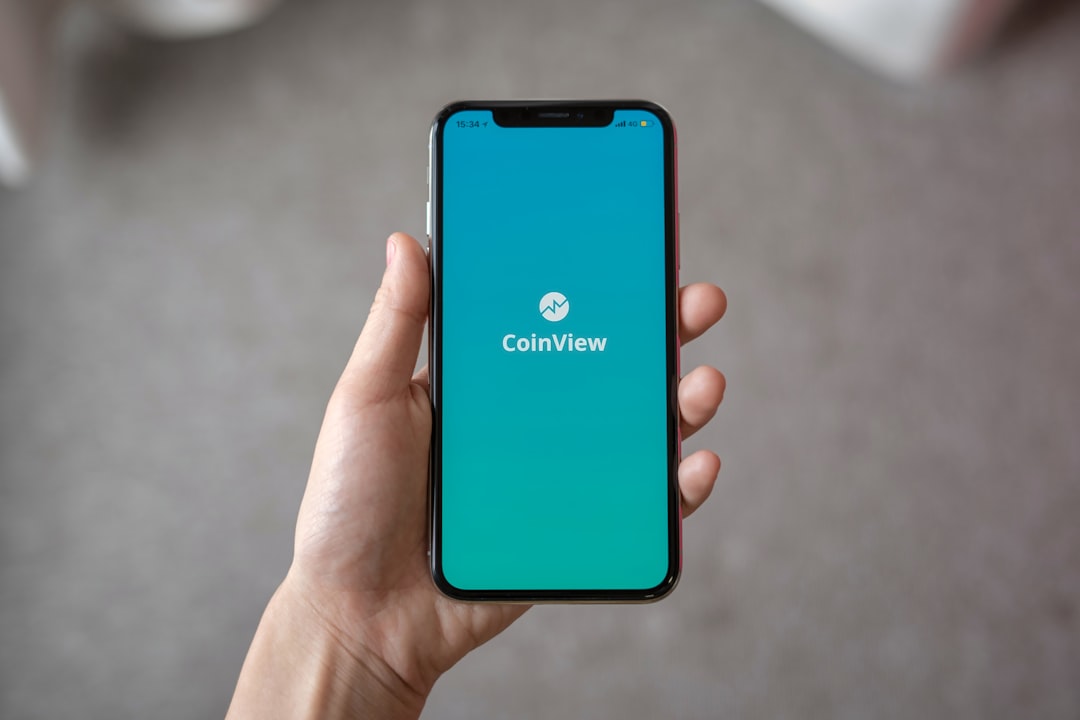Washington's strict spam texts laws require businesses to obtain explicit opt-in consent before sending promotional SMS. Consumers can file complaints with the Attorney General's Office, providing detailed information for analysis and potential legal action against repeat offenders. Filing a formal complaint online with the Washington State Attorney General's Office is simple and effective in enforcing these laws. Actively monitor the process, as the Consumer Protection Division will investigate and take action against violators.
In Washington State, navigating the consumer protection landscape is crucial, especially when it comes to combating unwanted spam texts. This comprehensive guide delves into the process of handling these irritants, empowering residents to protect their rights. We explore the legal framework surrounding spam text messages, offering insights on identifying and reporting violations effectively. Learn how to file a formal complaint with Washington authorities, track its progress, and ultimately resolve the issue. Understanding these steps is key to a more secure digital environment.
Understanding Spam Text Laws in Washington

In Washington, the process of handling consumer complaints regarding spam texts is governed by state laws designed to protect residents from unwanted and deceptive messaging. The state has implemented strict regulations to curb the practice of sending unsolicited text messages, commonly known as spam texts. These laws are in place to ensure that businesses and marketers respect consumers’ privacy and consent when engaging in texting campaigns.
Washington’s spam text laws, found primarily in the Washington Administrative Code, outline the do’s and don’ts for sending marketing or promotional texts. Businesses must obtain explicit consent from recipients before initiating any text message campaigns. This means that individuals have the right to opt-out of receiving such messages and can file complaints if they feel their privacy has been invaded by persistent spam texts. Understanding these laws is crucial for businesses aiming to operate within the legal framework while effectively utilizing text messaging as a marketing tool in Washington.
Identifying and Documenting Consumer Complaints

Identifying consumer complaints about spam texts is the first step in navigating Washington’s strict regulations on unwanted communications. Consumers in Washington can file complaints with the Attorney General’s Office, which serves as a central hub for documenting and tracking such issues. When filing a complaint, individuals should provide detailed information including the date and time of the message, the sender’s phone number or email address (if visible), a description of the content, and any evidence such as screenshots.
Documenting these complaints is crucial in understanding the scope and frequency of spam texts in Washington. The Attorney General’s Office uses this data to analyze trends, identify repeat offenders, and take appropriate legal action under state laws that prohibit deceptive or misleading practices, including unsolicited text messages. By actively participating in this process, consumers contribute to a more robust legal framework aimed at curbing spam texts and protecting their privacy.
Filing a Formal Complaint with Washington Authorities

If you’ve received unwanted spam texts in Washington, taking action through the official channels is a crucial step to ensure accountability and potentially stop such activities. Filing a formal complaint with Washington’s consumer protection authorities is a direct way to contribute to this process. The first step involves reaching out to the Washington State Attorney General’s Office, which has dedicated resources for handling consumer complaints, including those related to spam texts.
You can file your complaint online through their official website, providing details about the sender, frequency of messages, and any information that could help identify the source. This process is designed to be straightforward, allowing individuals to take a proactive role in combating spamming practices within the state’s borders, guided by Washington’s strict spam text laws.
Tracking and Resolving Your Case

Once you’ve filed your complaint about spam texts in Washington, it’s crucial to stay engaged and track the resolution process. The Washington Consumer Protection Division will review your case and investigate any potential violations of state laws regarding spam texts. They may reach out for additional information or clarify details from you during this phase.
Regularly check your account for any changes and keep a record of all communications with the division. If your complaint is successful, the offending party could face penalties, and the unwanted text messages may stop altogether. Your persistence in tracking the case ensures that justice is served and that your rights as a Washington consumer are protected under state spam texts laws.






